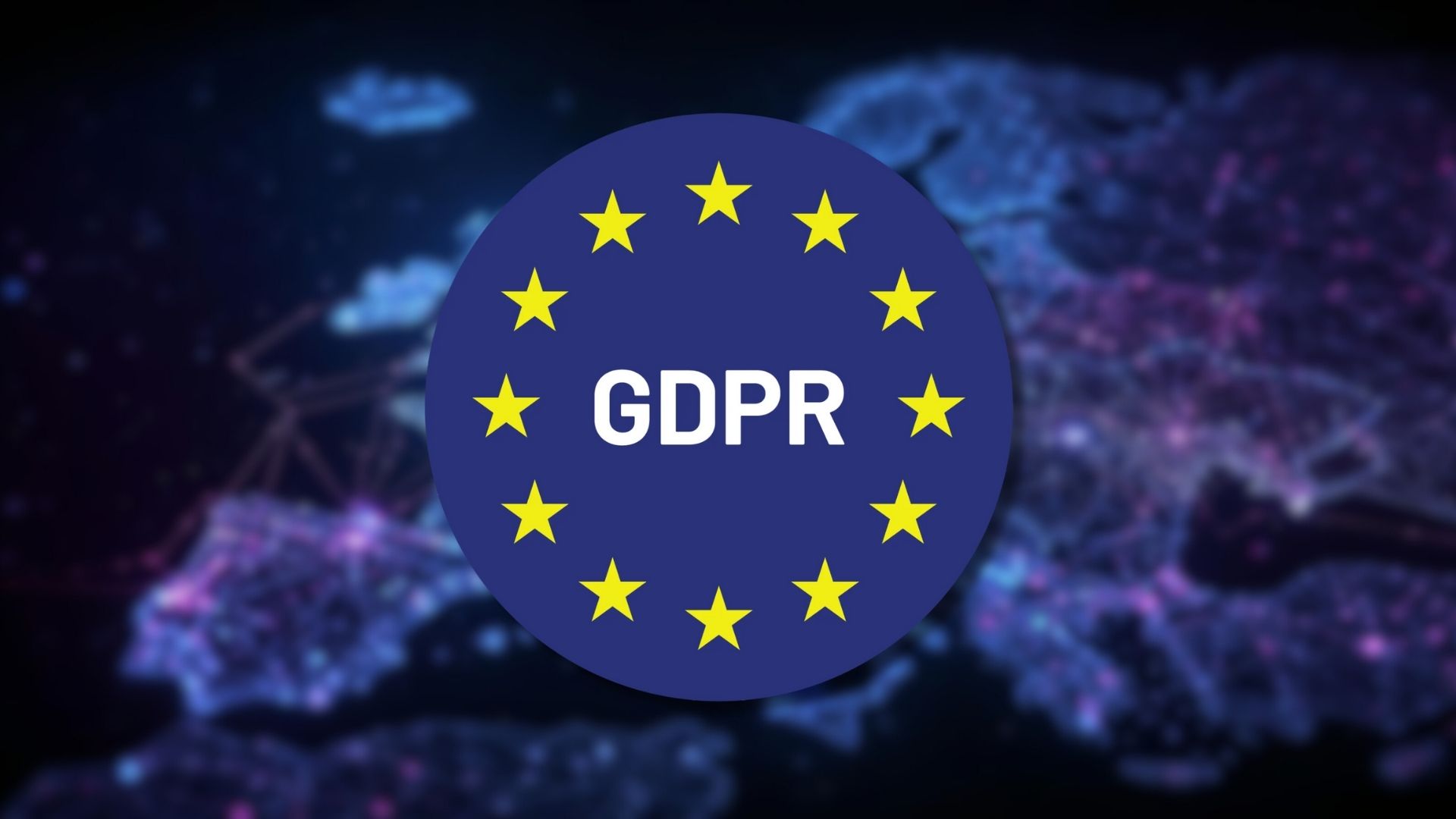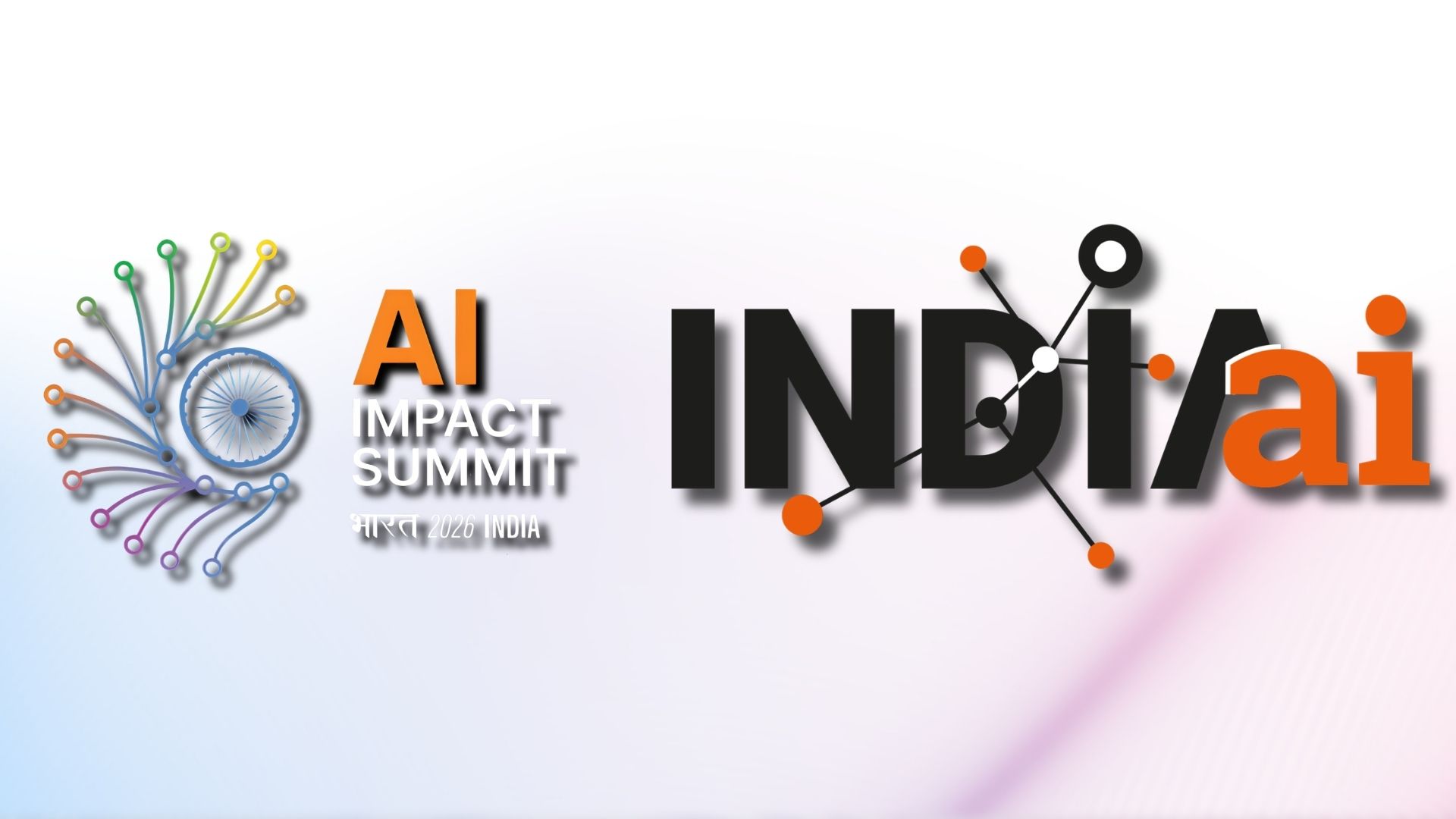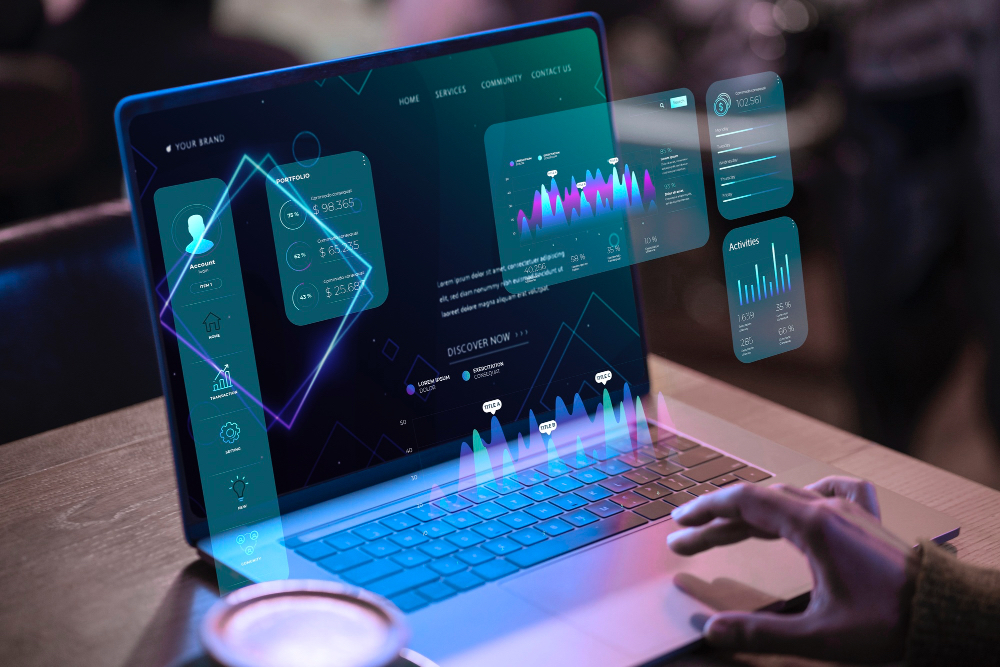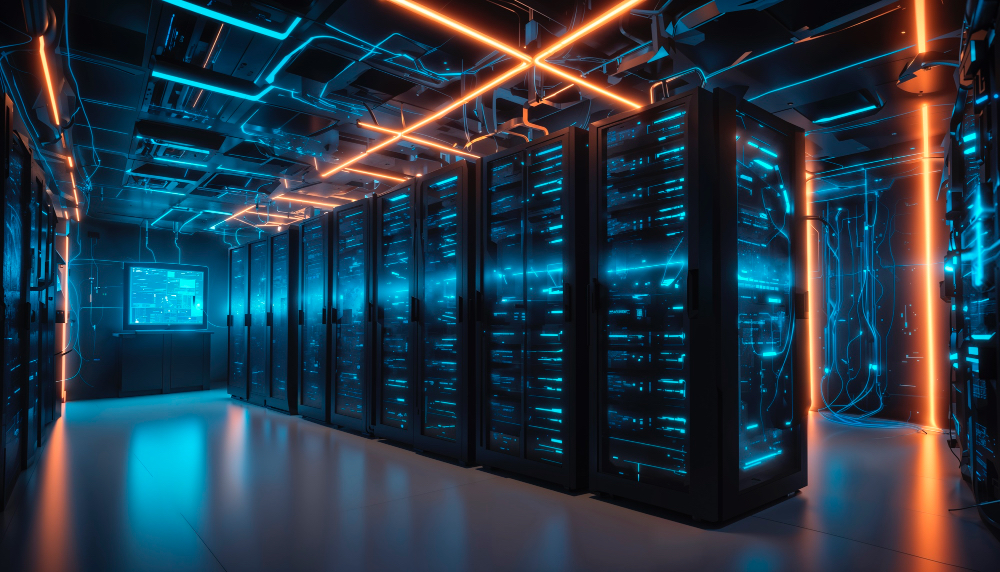SK Telecom will present its end-to-end AI capabilities at MWC 2026, taking place from 2 to 5 March in Barcelona. Under the theme ‘AI for Infinite Possibilities’, the company will highlight AI infrastructure, models, and telecom applications.
The South Korea-based operator will showcase its AI data centre expertise, including infrastructure for a major Ulsan project and a high-performance GPU cluster. Its AI Data Center Infrastructure Manager will demonstrate real-time monitoring across integrated systems.
GPU-as-a-service solutions will also include the Petasus AI Cloud platform, AI Cloud Manager for resource optimisation, and the GAIA monitoring system. SK Telecom will introduce its AI Inference Factory, designed to integrate hardware and software into a unified stack for inference workloads.
In the telecom infrastructure space, the company will outline its AI-native network strategy, spanning embedded AI agents, AI-enabled RAN base stations, and on-device antenna tuning. Integrated sensing and communication technologies will preview autonomous networks and early 6G capabilities.
The booth will also feature SK Telecom’s 519-billion-parameter A.X K1 large language model and open-source variants. Applications for physical AI, including digital twins and robot-training platforms that link virtual and physical environments, will be demonstrated.
Would you like to learn more about AI, tech, and digital diplomacy? If so, ask our Diplo chatbot!










